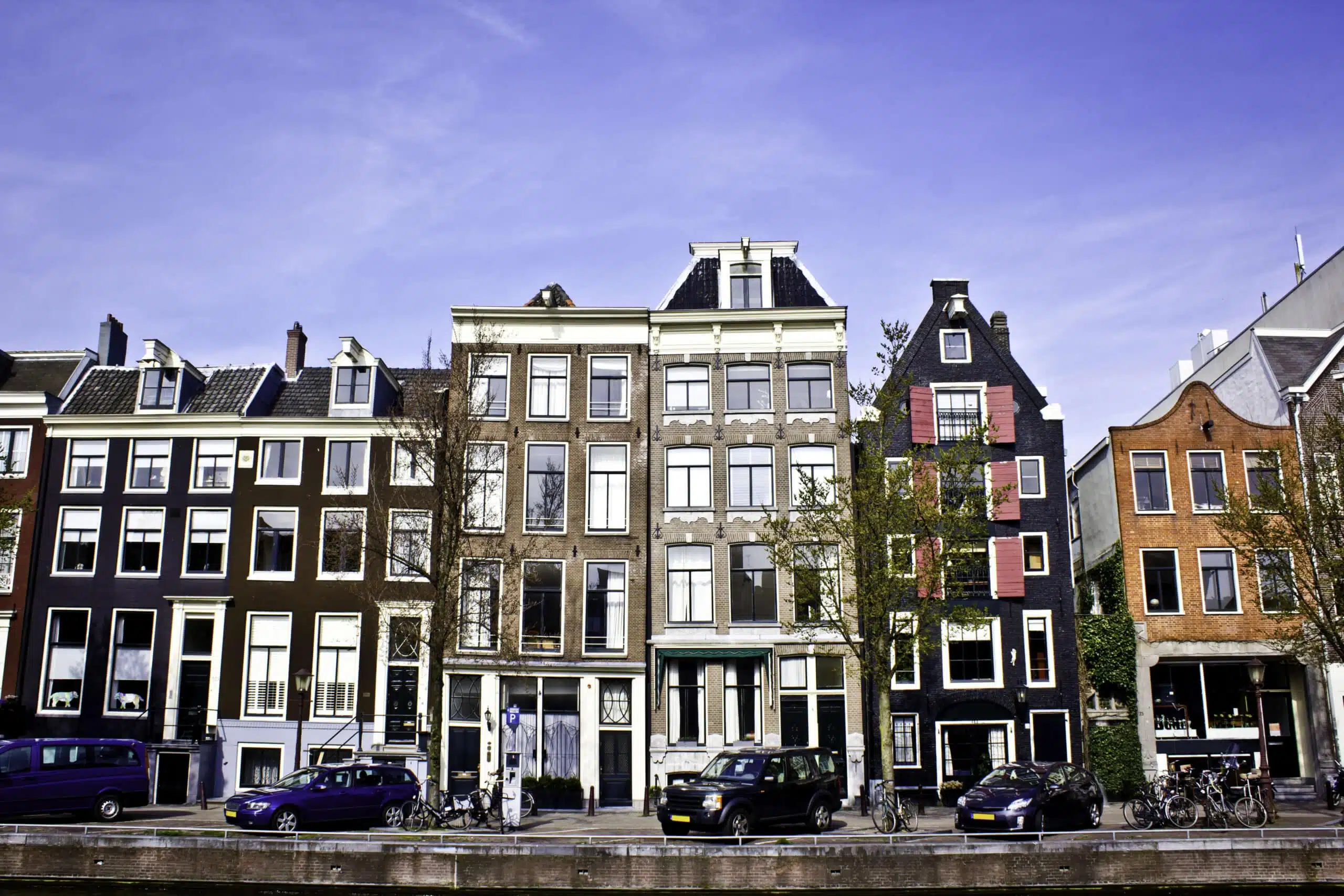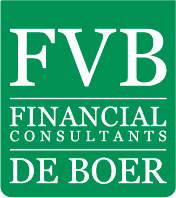
Only the thought of filling in the annual tax return gets most people feeling uncomfortable. But if you have plans to buy a home in the Netherlands we are happy to inform that you might just turn out to be eligible for different Dutch tax benefits, some of them very advantageous to expats. And indeed, these deductions can also be claimed in the tax return. Sometimes tax returns are not so bad at all, so it seems. Therefore we would like to point out some of the tax benefits of buying a house.
Because there are a large number of expenses of buying a home and the closure of the mortgage which are tax-deductible in the Netherlands. This concerns, for example, the notarial deed fees, the market valuation of the property and a whole range of other costs.
Interest payments
If your property is used as your primary residence and if you are registered as a resident taxpayer, interest payments on mortgages are tax deductible. Just to give you a specific example: if you pay € 500 interest per month and your income tax level is set at 40,85%, you are entitled to receive almost € 205 every month and it’s all thanks to the tax benefits of buying a house. This monthly payment can be arranged by filling in a special form. If prefered, you can also opt for a one-time payment at the end of each year.
National Mortgage Guarantee
The costs for the National Mortgage Guarantee are deductible as well. This involves the registration at the land registry (Kadaster in Dutch), interest paid during the construction of the property, and the penalty interest when needing to refinance an existing mortgage. Do note that the related bank guarantee costs are not deductible.
Term insurance
A term assurance is a life insurance that provides coverage at a predetermined rate of payments for a fixed period of time, the relevant term determined in the contract. If the life insured dies during the agreed term, the death benefit will be paid to the appointed beneficiary. Nevertheless it is not classified as a gift or inheritance and therefore deductible.
Ground leases
Ground leases are called erfpacht in Dutch, meaning that you rent the land of the Dutch government or municipality. In other words: you can’t become the owner of the property, but can merely obtain the right to use the parcel (generally for either 49 or 99 years). That particular right can be sold or transferred and still holds in the event of the landlord’s death. The fees for these lease holds can be deducted and is called “canon” in Dutch.
Valuation of a house
The property’s value for the Dutch tax authorities and the local municipality are based on the estimation of the local municipality. This is usually done by taking the average sales prices of comparable properties in your neighbourhood. The outcome of this comparison is called the WOZ value and will be used to determine the eventual local taxes. In comparison with the deductions allowed for interest, this amount is relatively low. The value is based on a small percentage (normally 0.7%) of the properties value, estimated by the local municipality (i.e. WOZ value), which will then be used by the Dutch tax authorities, the Belastingdienst.
Any further increase in your house’s value is labelled as tax-free, also meaning there is no capital gains tax. If you decide to move to a new home and you sell your current property for a higher amount than the total amount of the mortgage, it is highly advisable to use that added value to buy the new house. If not, you will not be eligible for a tax deduction on that extra amount.
Considerations for expat home buyers
If you decide to keep your house, but leave the Netherlands, the interest tax deductions will no longer be applicable as it is necessary to live in the house in order to be eligible for the benefits. At the same time the rent you receive will not be taxed either. Do bear in mind though that the tax rules from your new country of residence will apply if such is the case. As a final note, be aware of the fact that renting out is usually not accepted by mortgage lenders.


